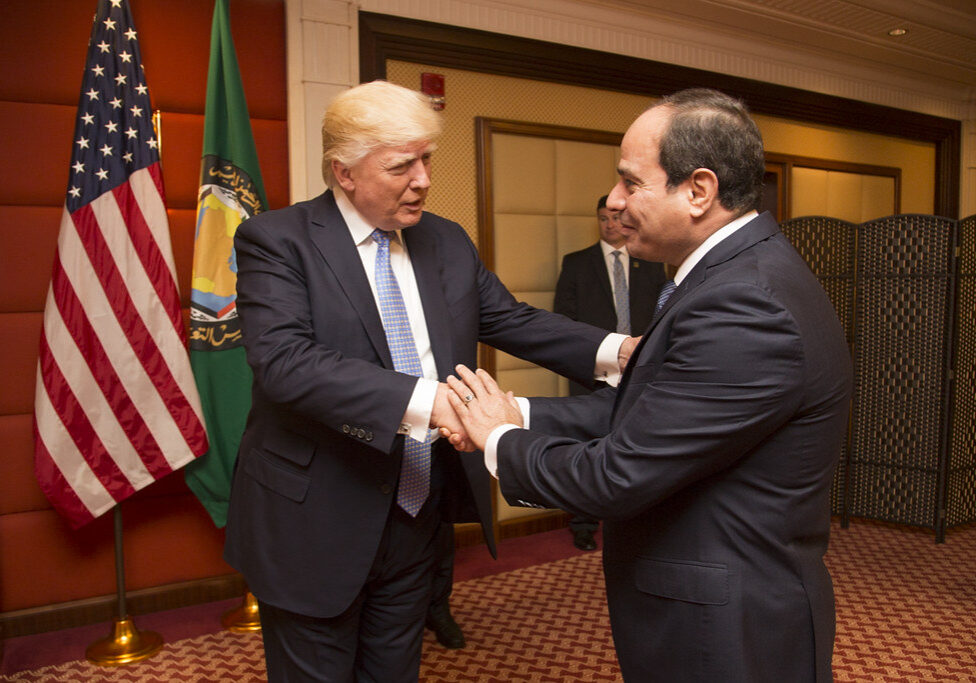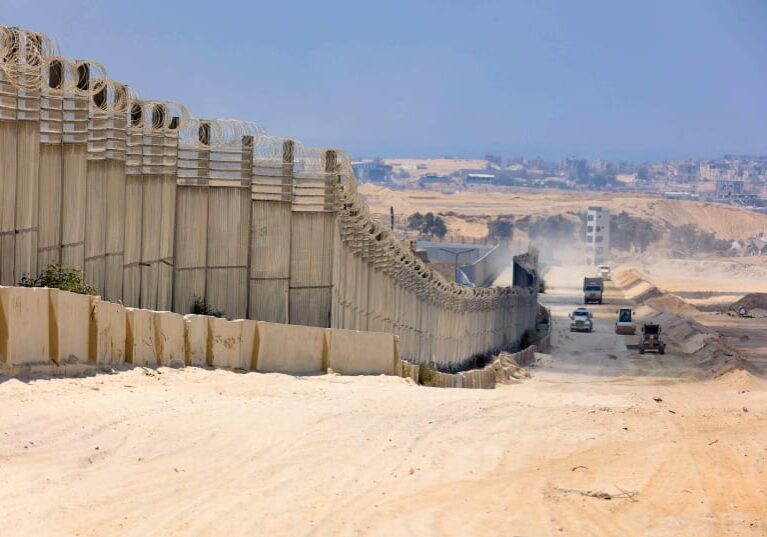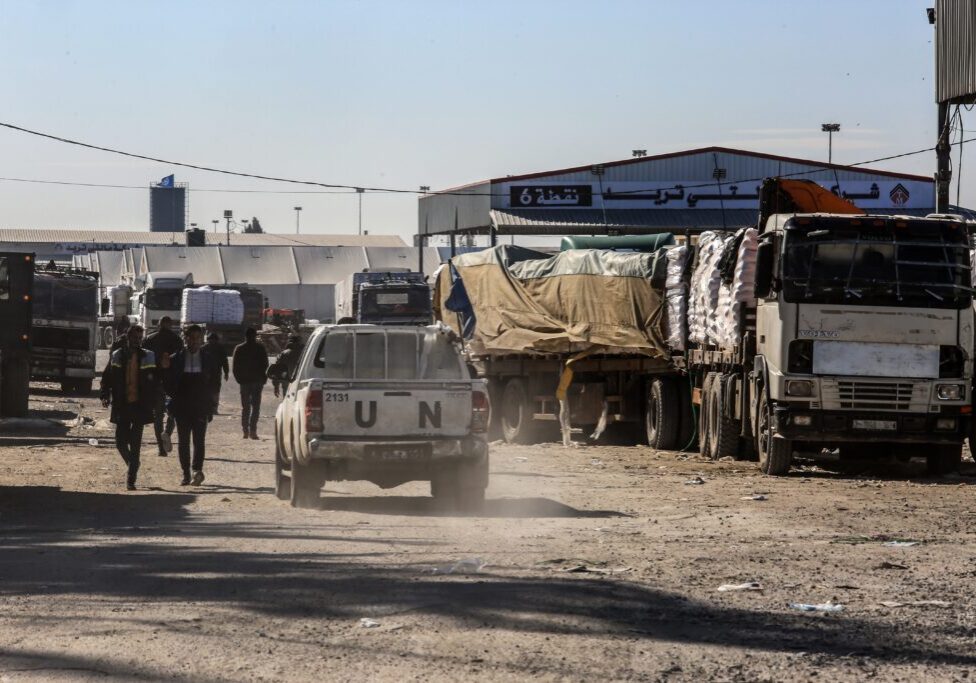Australia/Israel Review
Deconstruction Zone: Made in the USA?
Feb 28, 2011 | Bren Carlill
Bren Carlill
Made in the USA?
The post-mortems of Hosni Mubarak’s reign in Egypt are well underway. A particularly popular pastime is bashing the 30 years of American financial patronage of Egypt as anti-democratic, a pastime that smacks of naivety. Comparing how the patrons of Syria and Egypt have influenced those countries’ foreign policies is one way of exposing this naivety.
First, Syria. In 1969, a coup led by Hafez al-Assad saw the establishment of a new Syrian regime. That regime remains in place today, as undemocratic as ever, and ruled by Hafez’s son, Bashar.
Syria’s principal sponsor was the Soviet Union. When the Iron Curtain crumbled, al-Assad turned to Iran, with which he already had close ties. Iran subsequently became Syria’s chief patron, and encouraged Syria to continue its anti-Western and anti-Israel policies.
Today, Damascus hosts the headquarters of Hamas and other Palestinian terrorist groups. Syria is also the principal agent transferring arms to Hezbollah in Lebanon. Hezbollah has not only attacked Israel with thousands of rockets (as has Hamas in Israel’s south), but has also dragged Israel into war. This war resulted in large parts of Lebanon, not Israel, being devastated. Likewise, the war Hamas dragged Israel into left large areas of Gaza, not Israel, devastated.
In September last year, Hezbollah forced the resignation of the democratically-elected Lebanese prime minister, installing a Hezbollah puppet in his place. Today, Hezbollah is the de facto ruler of Lebanon, a terrible fate for that country. This has largely happened because Syria works hand-in-hand with Iran, supporting Hezbollah and suppressing its opponents.
And now to Egypt. In 1952, a coup replaced the Egyptian monarchy with a military government, which has been in place ever since. (Mubarak may have gone, but the military is still running Egypt.)
Mubarak’s immediate predecessor was Anwar Sadat. In the 1970s, Sadat realised that Israel would never be destroyed, and that endless attempts at making that happen were ruining his country. So he dropped his Soviet benefactors and embraced America, knowing the price for doing so was peace with Israel.
The Egypt-Israel treaty did not just create peace between those two countries. It also established a period of stability in the western Middle East. Consider that in the 25 years from 1948, five wars occurred between Israel and its Arab neighbours. This turmoil resulted in approximately 100,000 deaths and the creation of 1.5 million refugees, half Arab, half Jewish. Since the Egypt-Israel treaty, there hasn’t been a single state-level Arab-Israel war.
While an increasing trend of non-state actors sparking wars with Israel indicates the stability created by the Egypt-Israel peace is starting to break down, two points are important to consider. First, these new wars resulted in thousands of dead, not tens of thousands. Cold comfort to those lost, but better than the alternative. Second, the principal reason the stability is breaking down is because of relentless Iranian and Syrian support for both Hamas and Hezbollah.
Thus, America was correct to support Egypt when it came knocking, even if the latter was a dictatorship. If America said no, Egypt might have continued its bellicosity and, like Syria, eventually turned to Iran.
Yes, perhaps America could have more forcefully pushed Mubarak to embrace democratic reforms. Indeed, some seem to think that if America had withdrawn its aid from Egypt, the regime would have collapsed, and democracy would have ensued. But the world doesn’t work that way. If a dictator loses his patron, he’ll find another – and one that won’t nag about democracy or human rights (China, anyone?). Moreover, if America dropped Egypt, it would have lost its influence over Egypt’s policy choices.
Distasteful as it sounds to the naïve, when America formulates its foreign policy, it has American, not foreign, interests in mind. For that matter, which Australian wouldn’t want the Australian Government to seek the advancement of Australian interests above all else? Promotion of democracy is obviously important to both Australia and America, but only the foolish would argue this long-term interest trumps all others.
Frankly, a stable Egypt in favour of regional stability is and remains in American interests. A potentially unstable Egypt, which may well soon be controlled by Islamists, who may well seek to undermine other Arab governments and/or abrogate the treaty with Israel, is not in American (or Australian) interests.
There have been numerous commentators on Australia’s opinion pages in recent weeks bleating that America’s foreign policy has been immoral, or is coming back to bite it and so on. American foreign policy is not and never has been perfect, but on balance, it has been a force for stability, and often freedom. Above all, it has been about advancing the interests of American citizens, and so it should be. Why should we demand anything else?
Tags: Egypt






